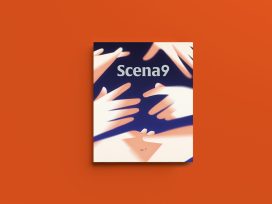
Hic sunt leones
Scena9 2025
Looking at what we have learned not to see: communist infrastructure; museums and mnemonic warriors; folklore and the spirit of community.

Looking at what we have learned not to see: communist infrastructure; museums and mnemonic warriors; folklore and the spirit of community.
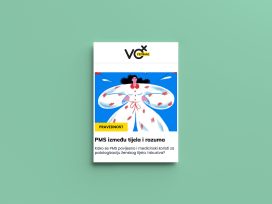
Protesting Croatia’s ‘manly’ prayer movement; questioning the benefits of AI psychotherapy; owning up to a chatbot relationship.

Portugal’s growing home insemination industry; 15 years of same-sex marriage; the ‘kingfishermen’ return to Portuguese rivers.
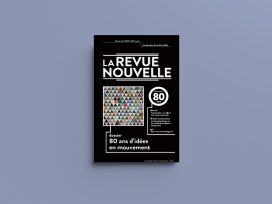
The Belgian journal marks 80 years of publishing by returning to debates central to its history, including: media and democracy, the prison system, mental health, and the politics of memory.
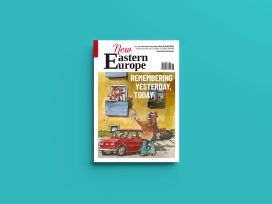
Eastern European memory politics today: why numbers wars are bad diplomacy; the commodification of communism; Russia’s civic memory cult; Lukashenka’s ahistorical limbo.

Queer, migrant and ethnic minority communities in Slovakia after ’89: homophobia and structural racism versus integration and upward mobility.
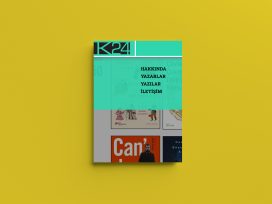
Horizons of the Turkish novel; dissident disappointments; communists real and false; the feminine street.
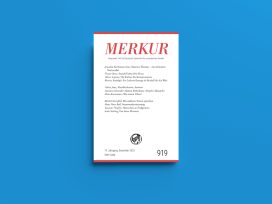
Leibniz’s Europe; why majority rule is relative; social chromatics off the scale; travels in post-capitalism.
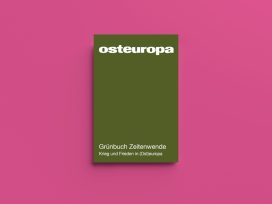
Milan Kundera’s negligent mapping; Helsinki’s legacy; Latvia’s demographic suicide; Russia’s policing problem.

How AI is changing the nature of censorship; artificial intelligence versus historical truth; revisiting the UK government’s response to 7/7; missing Palestinians from this year’s Berlin Biennale.

Bankruptcy in nineteenth-century parables of capitalism; billionaires, bankruptcy and the American obsession with money; and why the refusal to accept the end makes life worse.
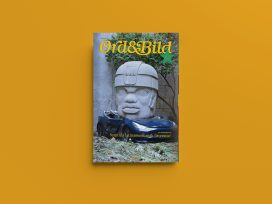
Parables of violence; memories of dictatorship; perversions of memory: Ord&Bild samples contemporary Latin American literature and photography.
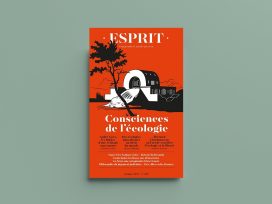
André Gorz’s anti-productivist socialism; Bernard Charbonneau’s ecological personalism; environmentalism’s anarchist roots; ero-politics.
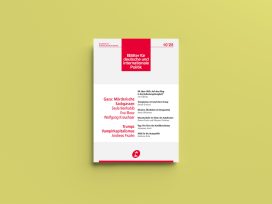
Gaza and the age of impunity; Islamism and leftwing anti-Zionism; dead-ends of Staatsräson; illiberal rap.
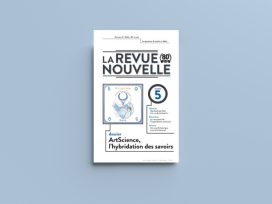
How bringing art into the hospital can rehumanize the patient-carer relationship; what the applied arts can bring to archaeology, and vice versa; and how the reunion of art and science can re-politicize the imagination.
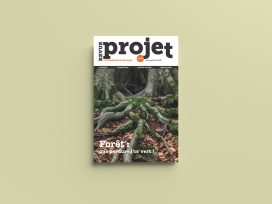
Why forest restoration projects are counterproductive; how citizens are mobilizing to protect Europe’s woodland from the right; and why diversity is the solution to sustainable timber.